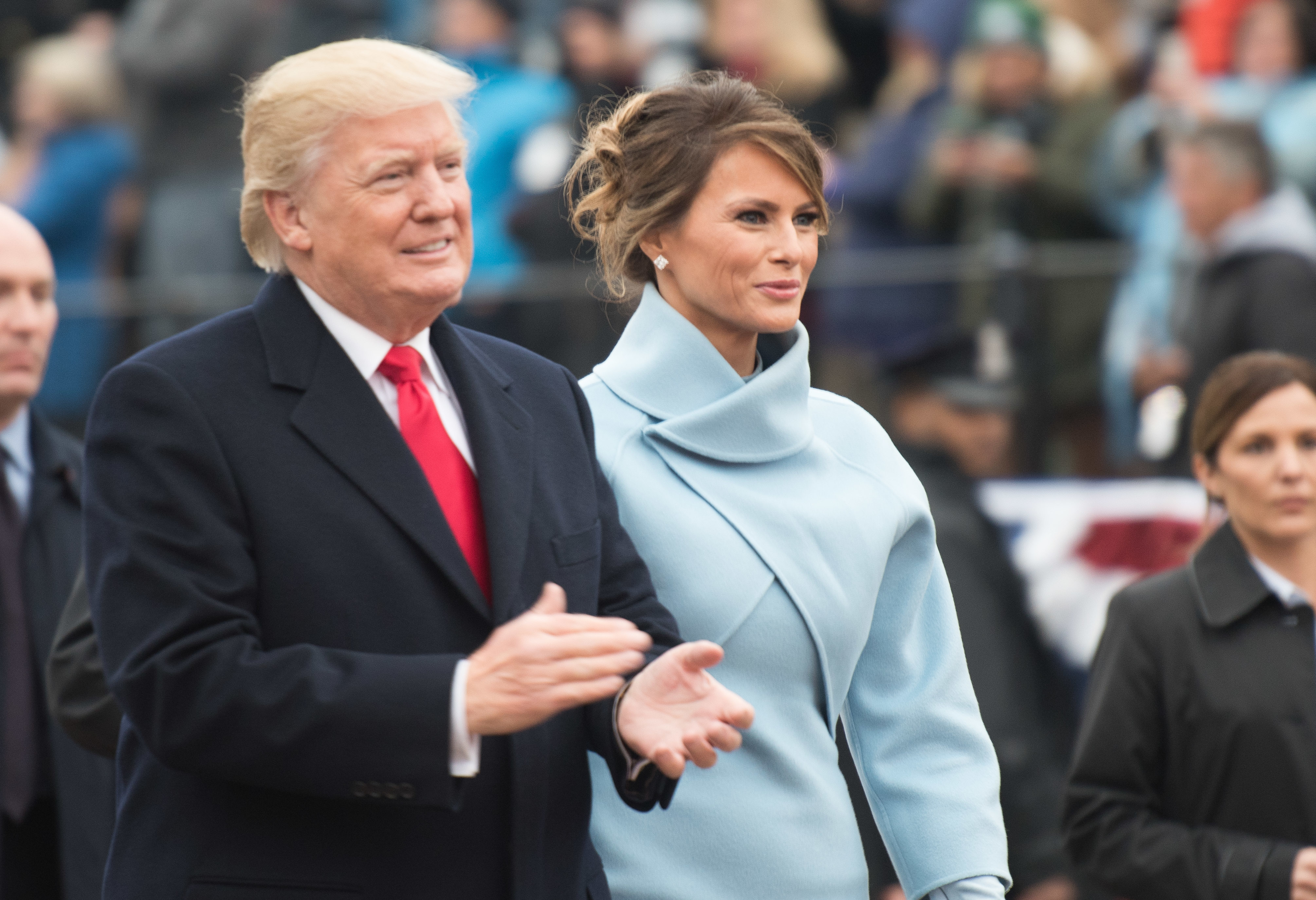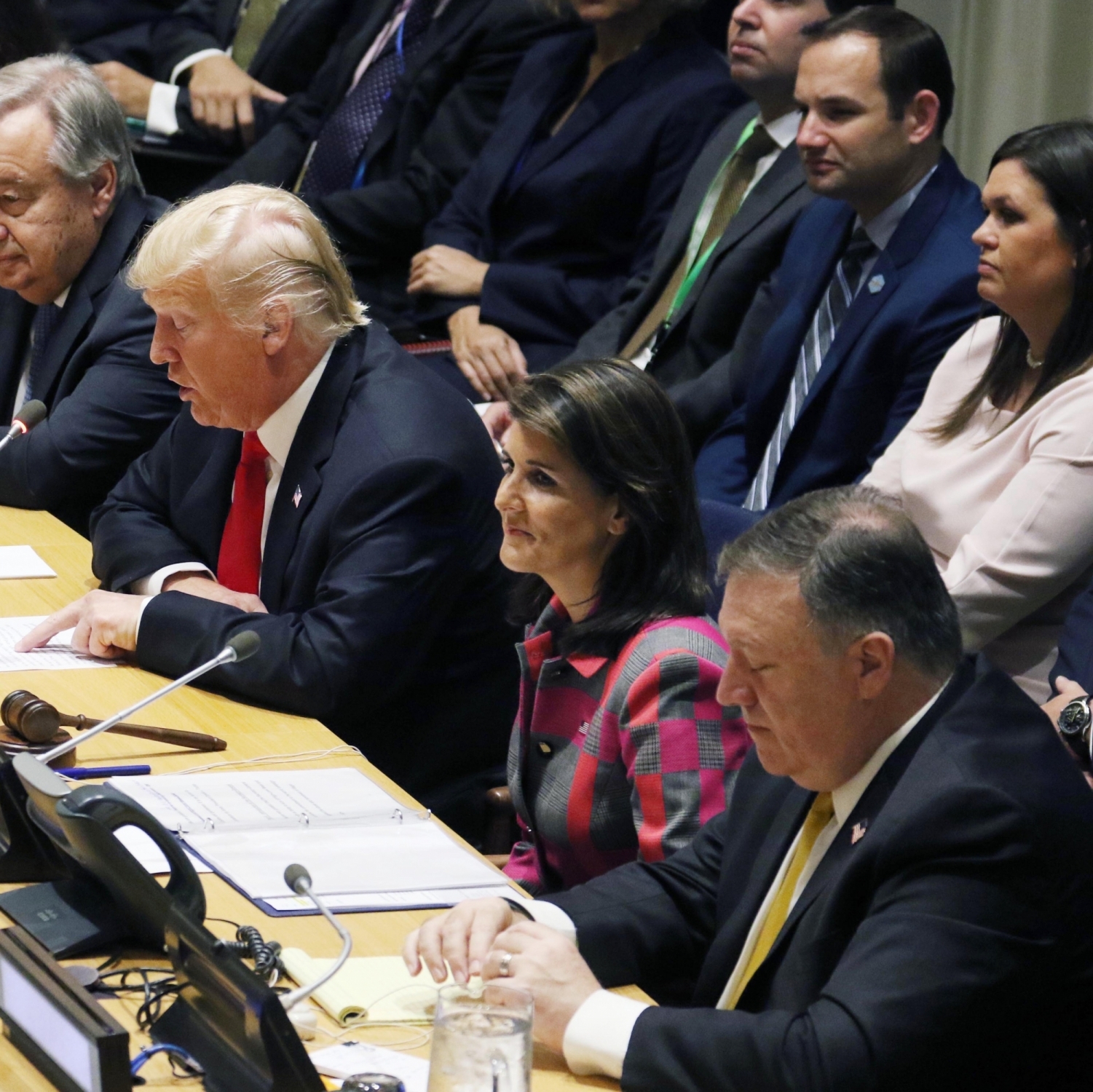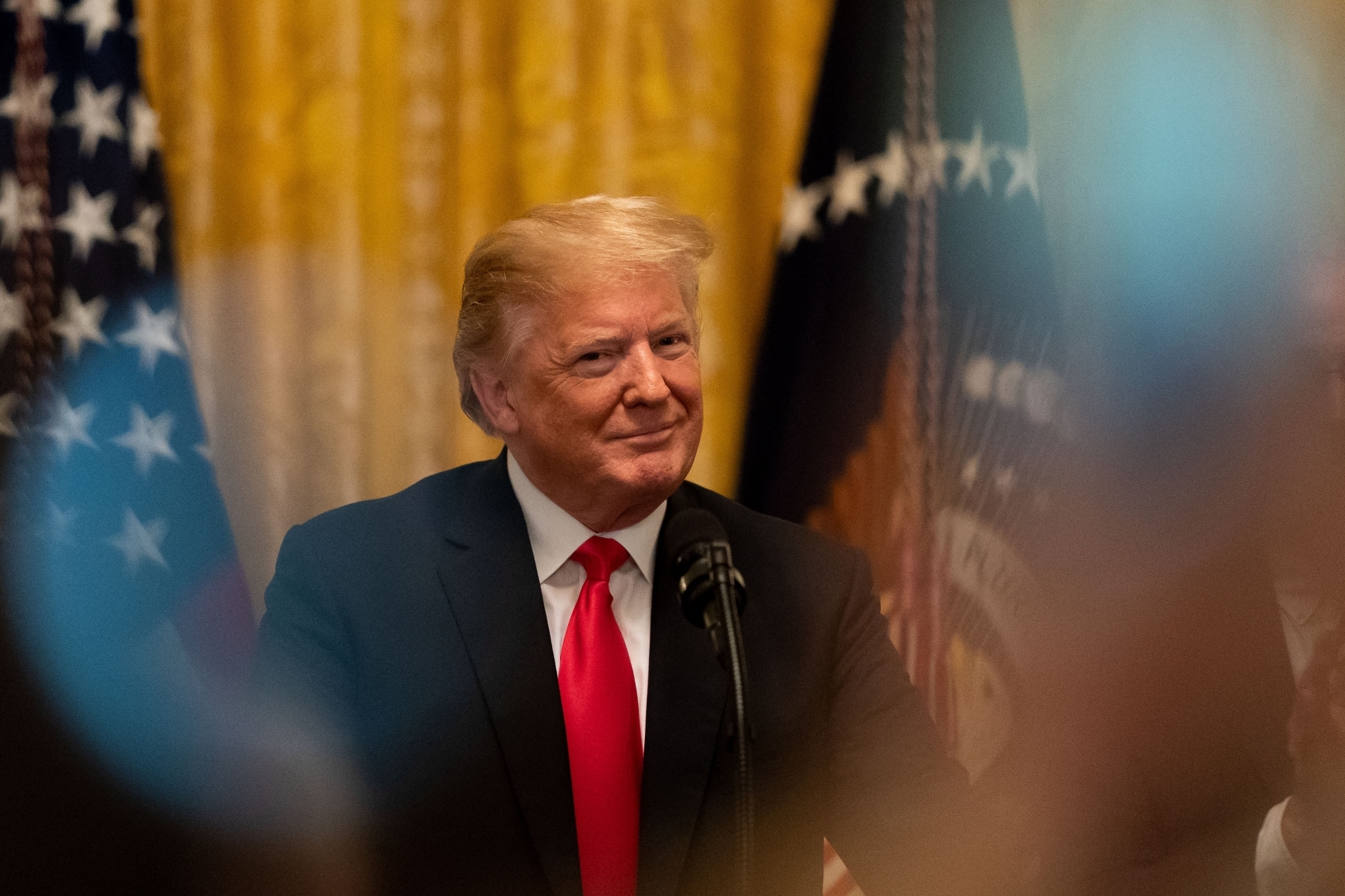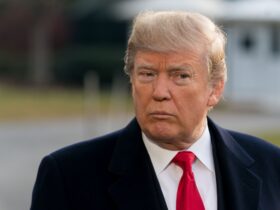President Donald Trump is finally ending America’s shutdown standoff, but diving headlong _ virtually in the same breath _ into a national emergency that’s widely expected to trigger a fresh constitutional crisis.
Even as he approves a funding bill to avoid a second government shutdown just weeks after the last one, Trump is declaring an emergency at the U.S.-Mexico border in order to secure billions of dollars for his promised barrier against illegal immigrants.
“We’re going to confront the national security crisis at our southern border…. I’m going to be signing a national emergency,” he told a news conference at the White House, suggesting that some of the emergencies invoked by his predecessors didn’t measure up to the one he believes he is dealing with.
“It’s been signed before for far less important things, in some cases _ we’re talking about an invasion of our country of drugs, human traffickers, all kinds of drugs and gangs.”
Critics have long pointed out that most of the drugs that enter the U.S. do so at official points of entry. Trump, however, said he doesn’t buy it.
“It’s a lie,” he insisted. “It’s a con game.”
The legislative compromise reached Thursday by Republicans and Democrats on Capitol Hill provides just $1.4 billion for border security, well short of the $5.7 billion the president was demanding for a border barrier.

So he’s following through on a threat to make an emergency out of what the White House calls a “national security and humanitarian crisis” at the southern border, bypassing the legislative branch to make up the balance with disaster funding from the Department of Defense, which doesn’t require approval from Congress.
The move _ which gives the president access to some $8 billion in funding _ has vociferious opponents on both sides of the congressional aisle who consider it an abuse of executive power.
It also exposes prominent Republicans _ including Trump himself _ to cries of hypocrisy, considering the outrage they showed at former president Barack Obama’s frequent use of executive action.

Elizabeth Goitein, a co-director of the national security program at New York University’s Brennan Center for Justice, called Trump’s move a “grotesque abuse of power.”
“Emergency powers are for emergencies, not for circumventing the will of Congress on questions of policy,” Goitein said in a statement that also called for changes to the National Emergencies Act in order to prevent future attempts to end-run the democratic process.
That law, which gives the president broad power when it comes to emergencies, is sure to be tested in court against what Goitein called “copious evidence” that Trump is simply trying to steer around Congress.
“Regardless of the outcome, Congress should learn its lesson: gifting presidents with limitless discretion and hoping they won’t abuse it is taking dangerous risks with our democracy.”














Leave a Reply